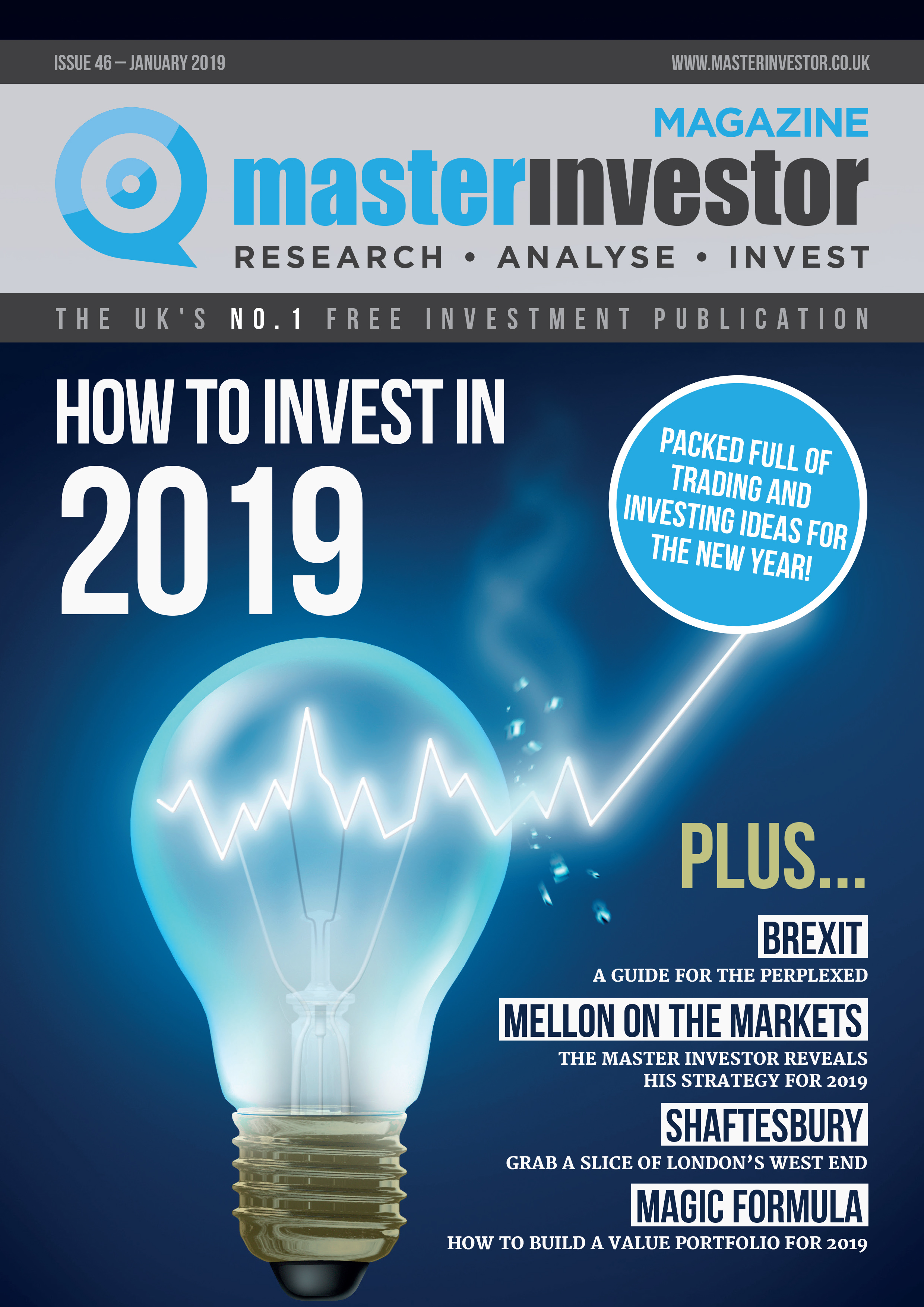Should you invest in Russia?


Never miss an issue of Master Investor Magazine – sign-up now for free! |
There are lots of reasons why people are wary of investing in Russia, but there are times when the negative sentiment creates a clear buying opportunity and it is possible that we are in that situation right now.
The local stock market is trading on a historic PE ratio of just 5 times earnings – one third of the level of MSCI World – yet the economy is returning to growth as it adjusts to life under sanctions and lower oil prices. If oil continues to recover there is every chance that the economic fundamentals will outperform current expectations and provide a supportive environment for share prices.
One way for contrarian investors to take advantage would be to buy the £312 million JPMorgan Russian Securities (LON:JRS), which is run by the highly experienced Oleg Biryulyov. The manager analyses company fundamentals and then makes long-term investments in structural growth stocks that have robust corporate governance and strong balance sheets.
A concentrated portfolio
He has put together a concentrated portfolio of 31 stocks with the 10 largest positions at the end of November accounting for 75% of the assets. The core holdings, which include the likes of Sberbank and Rosneft, all have the potential to grow through their positions as national or global market leaders.
In the year ended 31 October 2018 the fund generated a total NAV return of 12.1%, which was ahead of the 10.6% produced by the local RTS Index as measured in sterling. The key driver is the Energy sector, which makes up around half of the portfolio and the benchmark, with the value of the rouble also being a major factor for UK-based investors.
Sanctions imposed last April in the wake of the Novichok poisoning in Salisbury had a negative impact on investor sentiment, but the only holding that was directly affected was Rusal, a major aluminium producer. It represented about 1% of the portfolio with the fund being forced to sell its position.
The country’s relationship with the West is unlikely to improve in the near future, yet the domestic economy appears to be resilient and the local companies are experiencing good earnings growth and paying competitive yields.
An attractive yield of 4.9%
JPMorgan Russian Securities is mainly focused on capital growth, but first started paying a dividend in 2013. The income has risen quickly in the intervening five years and the shares now offer an attractive yield of 4.9% which is fully covered by earnings. Most of this (20p per share) was paid via the interim dividend with the final dividend of 6p being due in March.

Never miss an issue of Master Investor Magazine – sign-up now for free! |
The fund virtually always trades at a discount to NAV, yet the Board of directors is determined to do what it can to keep a lid on it and is committed to repurchasing at least 6% of the share capital per annum, subject to market conditions. At present the shares are trading on a 15% discount, which is close to the average discount over the last 12 months.
Biryulyov expects Russian interest rates to fall further this year, which, along with lower inflation, should drive domestic consumption higher. He also thinks that the central bank will aim to keep the rouble relatively weak and that this would help the country’s exports.
Long-term investors who are comfortable with the high level of risk might want to consider adding JPMorgan Russian Securities to their portfolio for its attractive income and growth potential.
Comments (0)